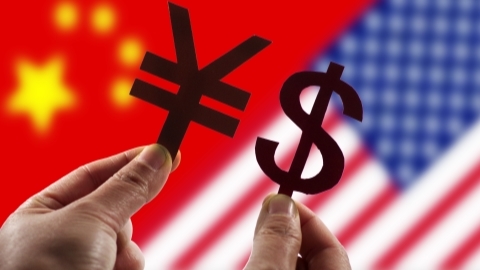
In response to Washington's latest announcement to increase its tariffs on China to a total of 104 percent, the Foreign Ministry said on Wednesday that China "will continue to take resolute measures to safeguard its legitimate rights and interests".
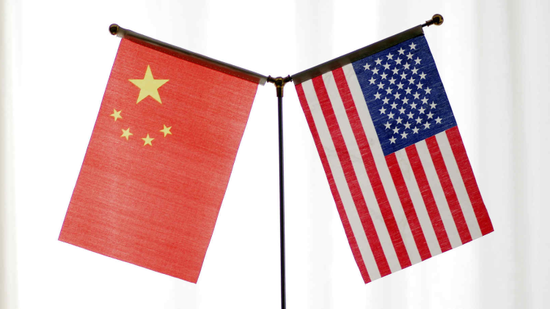
China's State Council Information Office on Wednesday released a white paper titled "China's Position on Some Issues Concerning China-U.S. Economic and Trade Relations" to clarify the facts about China-U.S. economic and trade relations, and elaborate the position of the Chinese side on relevant issues.

The first half marathon for humanoid robots is set to take place on Saturday in Beijing's Yizhuang area, with final preparations underway. On the evening of March 28, six teams conducted their first on-site road tests along the marathon route. These teams, including Tiangong Robot from Beijing Humanoid Robot Innovation Center, account for nearly a quarter of all registered participants. The first robot to complete the test finished the course in approximately 2 hours and 52 minutes.

Protesters across the U.S. took to the streets to voice concerns over U.S. President Donald Trump's actions on Saturday. Nationwide more than 500,000 people RSVP'd to attend one of 1,000 rallies, marches, or protests, according to USA Today.
China-U.S. economic and trade relations are mutually beneficial and win-win in nature, and cooperation benefits both sides while confrontation harms both.
China's State Council Information Office on Wednesday released a white paper titled "China's Position on Some Issues Concerning China-U.S. Economic and Trade Relations."
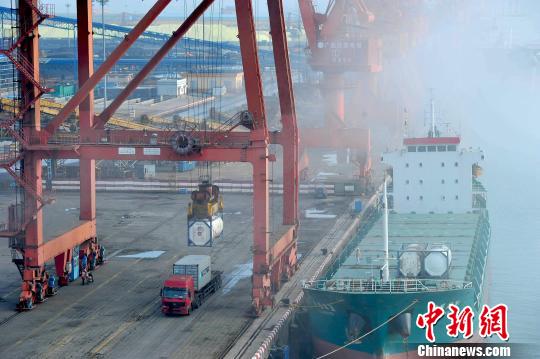
China's State Council Information Office on Wednesday released a white paper titled "China's Position on Some Issues Concerning China-U.S. Economic and Trade Relations."
The "reciprocal tariffs" imposed by the U.S. will damage its own and others' interests, said a white paper issued by China's State Council Information Office on Wednesday.
China and the United States can resolve differences in economic and trade areas through equal-footed dialogue and mutually beneficial cooperation, said a white paper released by China's State Council Information Office on Wednesday.
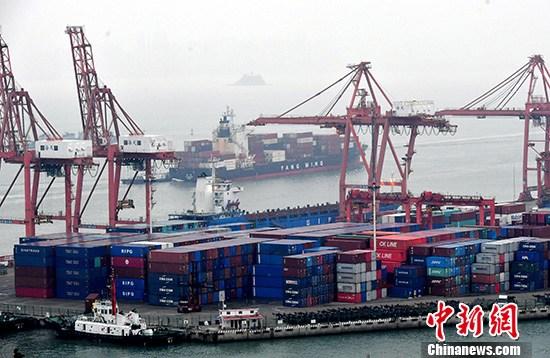
Canada's new countermeasures announced last week in response to the tariffs imposed by the U.S. on the Canadian auto industry will come into force at 12:01 am EDT on Wednesday.

Asia Pacific stock markets mostly dropped on Wednesday morning, tracking major losses on Wall Street overnight, as the U.S.' country-specific tariffs are set to come into effect on Wednesday and the White House announced additional tariffs on China.

European Union trade ministers struck a cautious tone after their meeting in Luxembourg on Monday, resisting immediate retaliation against the United States' "reciprocal tariffs" and warning that "there are no winners" in a trade war.
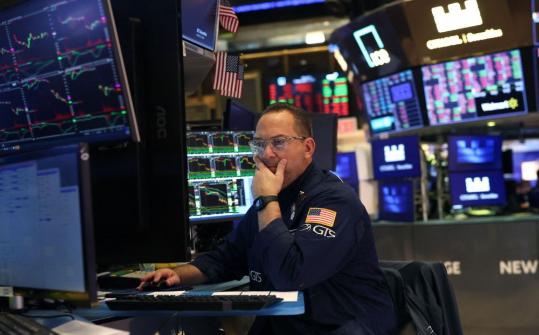
U.S. President Donald Trump on Tuesday raised the total tariff on Chinese imports to more than 120 percent, which will have a widespread impact on trade between the world's two largest economies, according to experts and politicians.
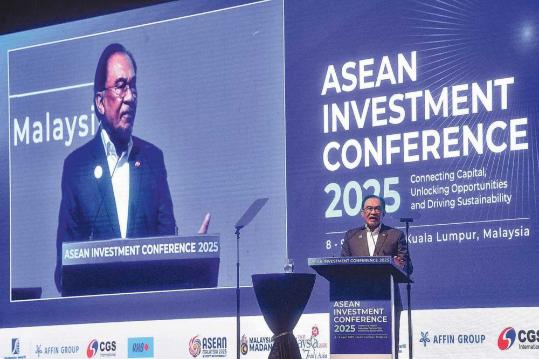
The Association of Southeast Asian Nations must harness its "collective bargaining power" to counter the potentially harsh impact brought by the higher United States tariffs, analysts said, as was urged by Malaysian Prime Minister Anwar Ibrahim.
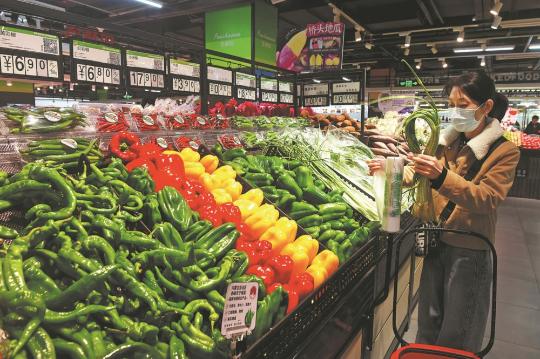
Policies, including consumption vouchers and trade-in programs, can indeed deliver immediate benefits in shoring up consumer willingness to spend.
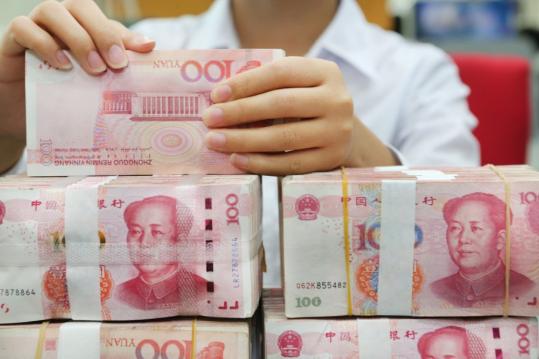
By disrupting global trade and triggering recession risks, the United States' new tariff push may have an unintended result of giving rise to alternative international currencies, including the Chinese renminbi, also known as the yuan.

The United States, the United Kingdom, and China ranked the top three global art markets by sales in 2024, according to "The Art Basel and UBS Art Market Report 2025" published on Tuesday.
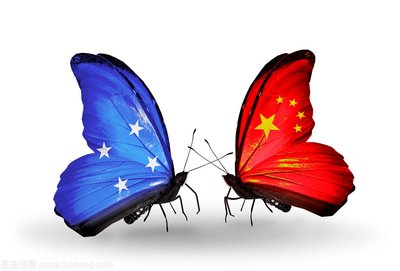
Chinese Premier Li Qiang held a phone call with European Commission President Ursula von der Leyen on Tuesday, CCTV News reported.
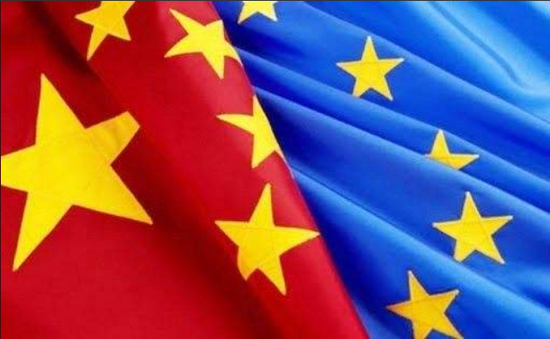
China has ample policy tools to offset external adverse impacts this year, and the nation is "full of confidence in maintaining sustained and healthy economic development".

China's top economic regulator has pledged efforts to tackle issues faced by enterprises and support the development of the private sector, as it seeks to buffer the impact of the latest round of sweeping new tariffs from the United States.
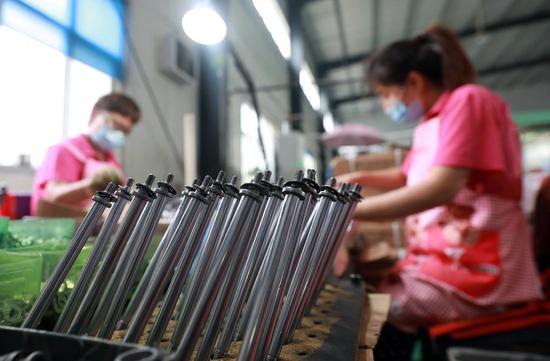
China's top economic regulator has pledged efforts to tackle issues faced by private enterprises and support the development of the private sector, as it seeks to buffer the impact of the latest round of sweeping tariffs from the United States.
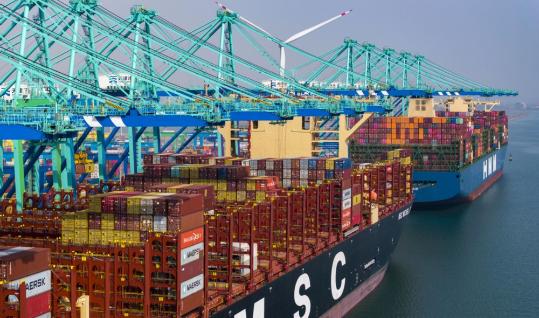
China has vowed to take firm and necessary countermeasures in response to the United States' escalating tariff threats, reaffirming its commitment to defending national interests while upholding the stability of the global trade system.
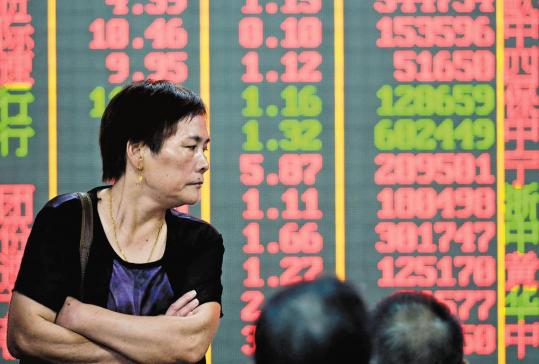
China took swift and decisive measures to stabilize its capital market on Tuesday amid global stock market turmoil following sweeping tariffs announced by the United States, demonstrating its strong policy reserves and commitment to safeguarding financial stability.

New Zealand's Prime Minister Christopher Luxon on Tuesday made his strongest condemnation yet of the Trump tariffs, days after his Australian counterpart, Anthony Albanese said the U.S. move had "no basis in logic" and "not the act of a friend".
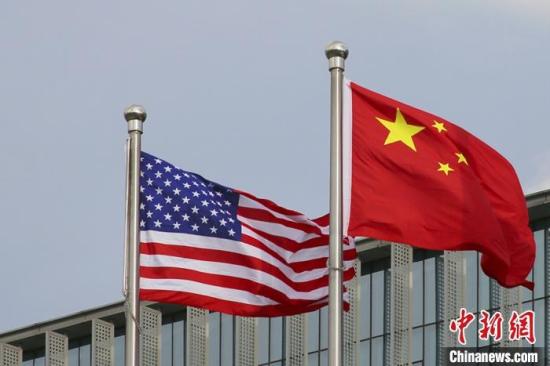
Foreign Ministry spokesman Lin Jian said on Tuesday that China will fight back to the end if the United States disregards the interests of both countries and the international community, and insists on starting a tariff war or trade war.
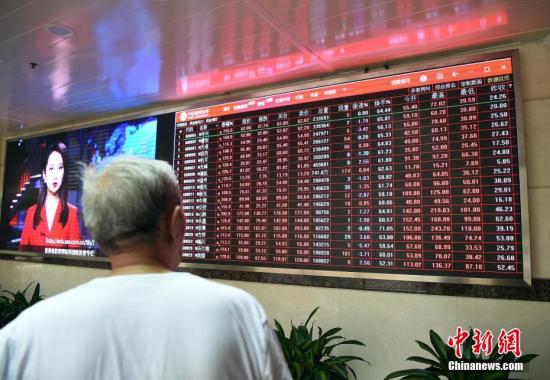
The National Financial Regulatory Administration (NFRA), and the People's Bank of China (PBOC), the central bank, and a major Chinese state-owned investment company on Tuesday morning vowed to firmly support the capital market.
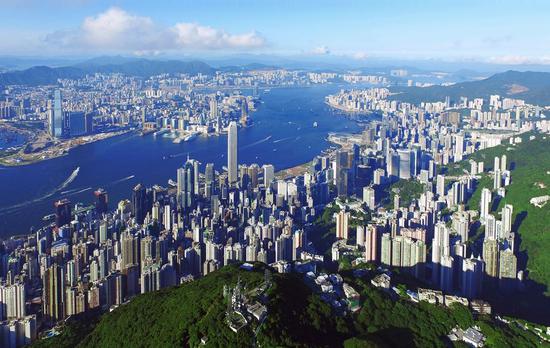
Chief Executive of the Hong Kong Special Administrative Region (HKSAR) John Lee Ka-chiu said on Tuesday that the U.S.' imposition of tariffs is a ruthless behavior that harms global trade, and the HKSAR will strengthen its strategy in seven areas.

The United States will likely experience more pain from retaliatory tariffs than China, said Steve Cochrane, chief Asia-Pacific economist at Moody's Analytics during an interview with CCTV News on Monday.
The United States' "reciprocal tariff" policy may trigger disruptions to global industrial and supply chains, said industry associations, adding that such actions will harm the interests of businesses and consumers — including in the U.S. itself.
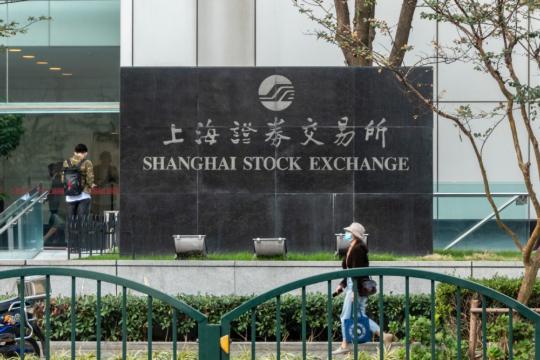
China has launched its own version of a "stock market stabilization fund" as the country's central bank vowed to provide funding support for the Central Huijin Investment Ltd to increase holdings in the A-share market, analysts said.
 京公網安備 11010202009201號] [京ICP備05004340號-1]
京公網安備 11010202009201號] [京ICP備05004340號-1]